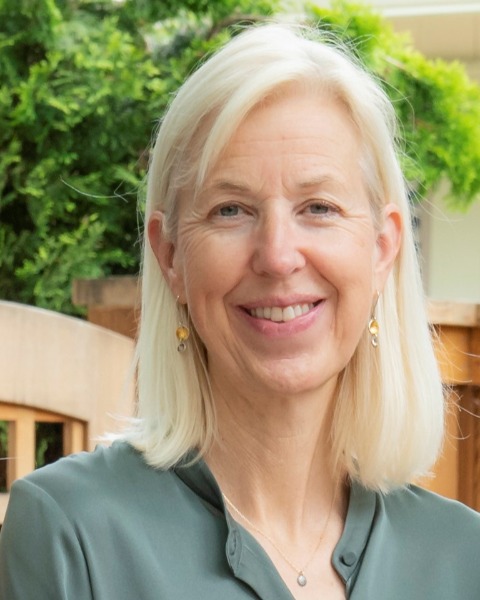Back
Mini State of the Art: What to do when you need counseling: Lessons from caring for healthcare professionals and trainees over 20 years
Friday, October 6, 2023
8:00 AM – 8:20 AM US PST
Location: Oregon Ballroom

Sydney Ey (she/her/hers)
Professor, Psychiatry, Director of Wellness Consults for Leaders and Teams
Oregon Health and Science University
Portland, Oregon, United States
Invited Speaker(s)
Disclosure(s):
Sydney Ey: No financial relationships to disclose
What do you do when you know you are not your best self, can't stop worrying or feel depressed? When you can't seem to come back from being so depleted, burned out? How do you care for others when you are not coping well? Healthcare providers or "healers" learn early on how to delay gratification to achieve their professional goals, be resilient, minimize their own pain, and put others needs ahead of their own. But in my 20 years of taking care of medical students, residents, faculty and now healthcare leaders and teams, I've learned that even healers need care sometimes. Although progress has been made to reduce barriers to seeking mental health treatment, some providers may still be uncertain about whether it is really safe, feasible, and helpful to seek out care. I will outline some systems changes to reduce known barriers to counseling, discuss strategies for finding a good therapist and what to expect in sessions that can lead to meaningful change. And I will share some of my favorite interventions to help distressed trainees and providers to get "unstuck" and feel better.
Learning Objectives:
- Upon completion, participants will be able to describe 3 common barriers to health professionals and trainees seeking mental health services.
- Upon completion, participants will be identify 2 systems/organizational interventions to reduce risk of suicide and level of distress among the healthcare workforce.
- Upon completion, participants will list 2 adaptive coping strategies to reduce distress.

